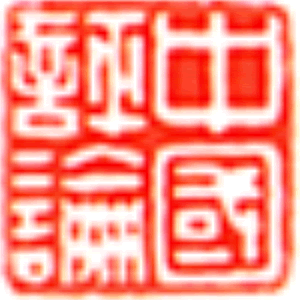
|
| 中国国民党高雄市长韩国瑜在哈佛大学费正清中国研究中心与学者座谈演说。(中评社) |
中评社波士顿4月11日电/中国国民党高雄市长韩国瑜美国时间11日下午在哈佛大学费正清中心以“The Power of Down to Earth — They Talk the Talk, I Walk the Walk”为题闭门演说,演说中提及两岸发展现况,更趁机向蔡英文喊话表示,若蔡不愿承认九二共识,应提出新的想法与具体措施,以维台海两岸和平与安全,并确保台湾经济发展,“截至目前为止,他们在这方面是很空洞的!”
韩国瑜强调,美国是“中华民国”非常重要的朋友,一直是我们在经济、安全、军事、政治方面的盟友,我们不能、也不应该因为无法妥善处理两岸关系,而拖累我们的美国朋友。
韩说,跟美国交朋友是一回事,但把与美国的友谊视为理所当然又是另一回事,我们必须承担维持台海和平的责任,台湾人民才能生活在民主、繁荣之中。
以下为韩国瑜在哈佛大学致词的英文讲稿全文:
The Power of Down to Earth — They Talk the Talk, I Walk the Walk
Good afternoon, Director Szonyi, Director Goldstein, ladies and gentlemen, this is my greatest honor and pleasure to be here today and to begin with, I would like to express my appreciation for the long term friendship between the United States and the R. O. C., and for the support from the US government and its people, so we can engage and cooperate closely. I am more than honored to have this amazing opportunity standing at this podium, in front of the distinguished scholars at the Fairbank Center for Chinese Studies, the most esteemed institution of Chinese Studies in the world, to share my story and to talk about what I think and what I want to do as Mayor of Kaohsiung.
In Taiwan, there are a lot of people calling me a “produce vendor.” Mainly because I worked in a local agricultural products marketing company before I ran in the Mayor election. The media often describes me with the term “down to earth,” and few individuals even name me “country bumpkin” for my humble origins, and my rather direct and unrefined language. Well today, this bald country bumpkin from Taiwan is standing before you, on the campus of one of the most prestigious universities in the world: Harvard! A few months ago, many could not have imagined this, even in their wildest dreams!
What brings me to Harvard today, is the fact that last November, I won an election in Southern Taiwan that nobody thought I could possibly win. Besides, people are saying that I single-handedly reshaped the politics of Taiwan. They are calling this wide-spread political current the “hanliu” or “Han wave.” |

